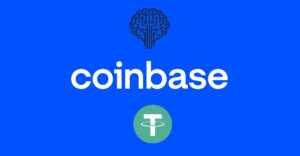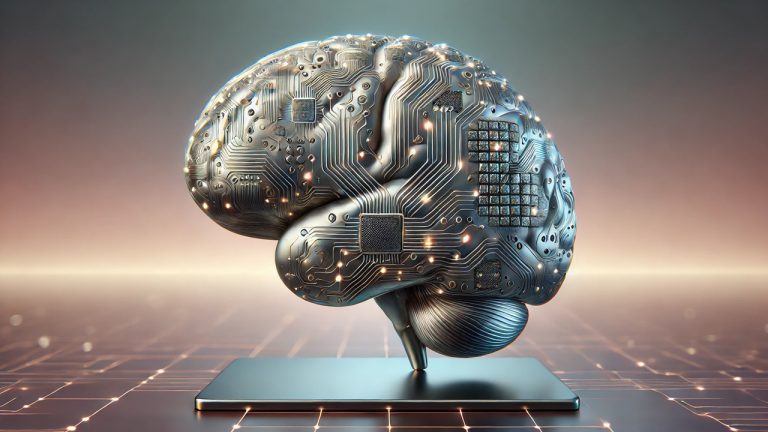Coinbase’s “Based Agent” platform, announced by developer Lincoln Murr, aims to empower developers to build AI-powered cryptocurrency agents quickly and efficiently. According to Murr, the tool allows developers to create AI-driven crypto agents in under three minutes. The platform leverages Coinbase’s layer-2 network, Base, in conjunction with OpenAI’s powerful language model and Replit’s user-friendly development environment.
To initiate the building process, developers need to integrate API keys from both Coinbase and OpenAI, along with a Replit template. This streamlined approach significantly reduces the complexity and time required to develop AI agents capable of interacting with blockchain networks.
“Based Agent” offers support for multiple blockchain networks, including Ethereum, Polygon, and Arbitrum, in addition to Coinbase’s Base network. This multi-chain compatibility expands the potential applications of AI agents beyond Coinbase’s ecosystem, allowing developers to build solutions for a wider range of blockchain platforms.
Coinbase CEO Brian Armstrong emphasized the platform’s capability for rapid deployment of AI agents equipped with crypto wallets and full access to blockchain functionalities. This development aligns with Coinbase’s broader vision of an “Agentic Web,” where AI-driven autonomous agents powered by blockchain technology play a central role in facilitating economic activity across the digital landscape.
Tether’s Local AI SDKTether’s Local AI development kit, presented by CEO Paolo Ardoino at the Lugano Plan ₿ conference, takes a different approach to integrating AI and blockchain, focusing on user privacy and broad accessibility. The modular AI software development kit (SDK) is built on Bare, an open-source Javascript runtime, and allows developers to create private, peer-to-peer AI applications that can operate on a diverse range of devices.
One of the key features of Tether’s Local AI SDK is its emphasis on data privacy. By leveraging Bare’s architecture, the SDK enables developers to build applications where all AI processes occur directly on the user’s device, eliminating the need to send sensitive data to centralized servers. This approach addresses growing concerns about data security and user privacy in the age of AI.
Tether’s commitment to accessibility is reflected in the SDK’s design. It supports multiple AI models, including Marian and Llama, providing developers with flexibility and choice. Furthermore, applications built with the SDK can run on a wide range of devices, from low-cost mobile phones to powerful mainframes, making AI development more inclusive and accessible to a broader audience.
Ardoino highlighted the modular nature of the Local AI SDK and its ability to store and load model weights and fine-tuning data within peer-to-peer structures, further enhancing privacy. Tether plans to release the Local AI development kit as open-source software upon completion of testing, fostering collaboration and innovation within the developer community.




















